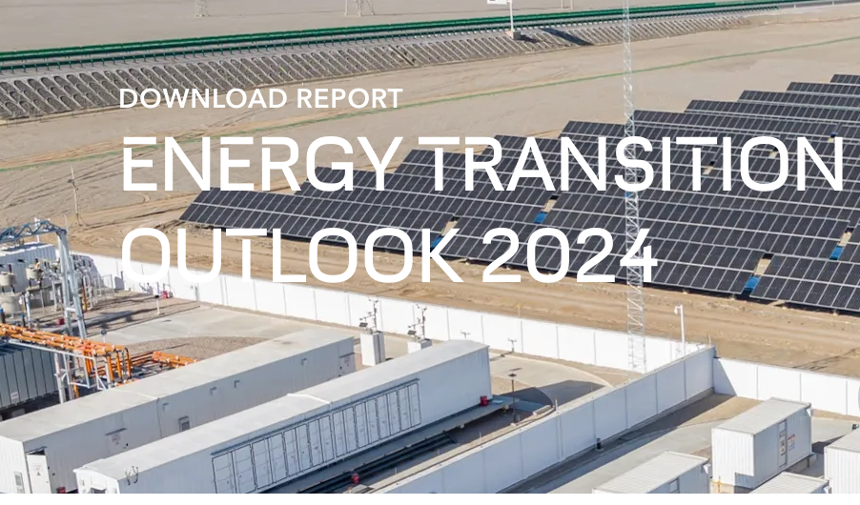Global Emissions Will Peak In 2024, Claims DNV In Latest Report
A Key Milestone in the Battle Against Climate Change
The latest report from DNV, a leading global risk and sustainability advisor, has made a significant prediction about global emissions. According to the report, global greenhouse gas emissions will peak in 2024, marking a crucial milestone in the battle against climate change. This prediction comes as a surprise to some, as previous reports have projected a longer timeline for peak emissions.
Why 2024?
DNV’s report suggests that a combination of factors will lead to a peak in emissions in 2024. These factors include:
* The increasing adoption of renewable energy sources, such as solar and wind power
* The growth of electric vehicles and reduced demand for fossil fuels
* Improved energy efficiency in buildings and industries
* Stricter regulations and policies aimed at reducing emissions
Achieving Net-Zero Emissions by 2050
The report emphasizes that meeting the Paris Agreement’s goal of net-zero emissions by 2050 is crucial. As emissions peak in 2024, the focus shifts to rapidly reducing emissions to meet this target. DNV stresses that this requires a significant investment in clean energy, energy storage, and energy efficiency.
Key Steps to Achieving Net-Zero Emissions
To achieve net-zero emissions by 2050, DNV recommends the following key steps:
* Continue to increase the deployment of renewable energy sources
* Improve energy efficiency in buildings and industries
* Electrify transportation and industry
* Carbon capture and storage (CCS) technology
* Implement carbon pricing mechanisms
Implications for Businesses and Governments
The report highlights the importance of collaboration between businesses and governments to achieve the goal of net-zero emissions. DNV suggests that governments must implement policies and regulations to support the transition to a low-carbon economy, while businesses must lead the charge by investing in clean energy and reducing their own emissions.
Conclusion
The prediction that global emissions will peak in 2024 is a significant milestone in the fight against climate change. While there is still much work to be done to achieve net-zero emissions by 2050, this report provides a turning point for action. It is crucial that businesses, governments, and individuals come together to address this crisis and create a cleaner, more sustainable future.
FAQs
* Q: What does peak emissions mean?
A: Peak emissions refer to the point at which global greenhouse gas emissions reach their highest levels before starting to decline.
* Q: What are the key factors contributing to the peak in emissions in 2024?
A: The key factors include the increasing adoption of renewable energy sources, the growth of electric vehicles, improved energy efficiency, and stricter regulations and policies aimed at reducing emissions.
* Q: What is net-zero emissions, and why is it important?
A: Net-zero emissions refers to the point at which the amount of greenhouse gases emitted is balanced by the amount removed from the atmosphere. It is crucial to achieve net-zero emissions by 2050 to limit global warming to well below 2°C above pre-industrial levels and avoid the worst impacts of climate change.



.png?w=150&resize=150,150&ssl=1)

.png?w=150&resize=150,150&ssl=1)

